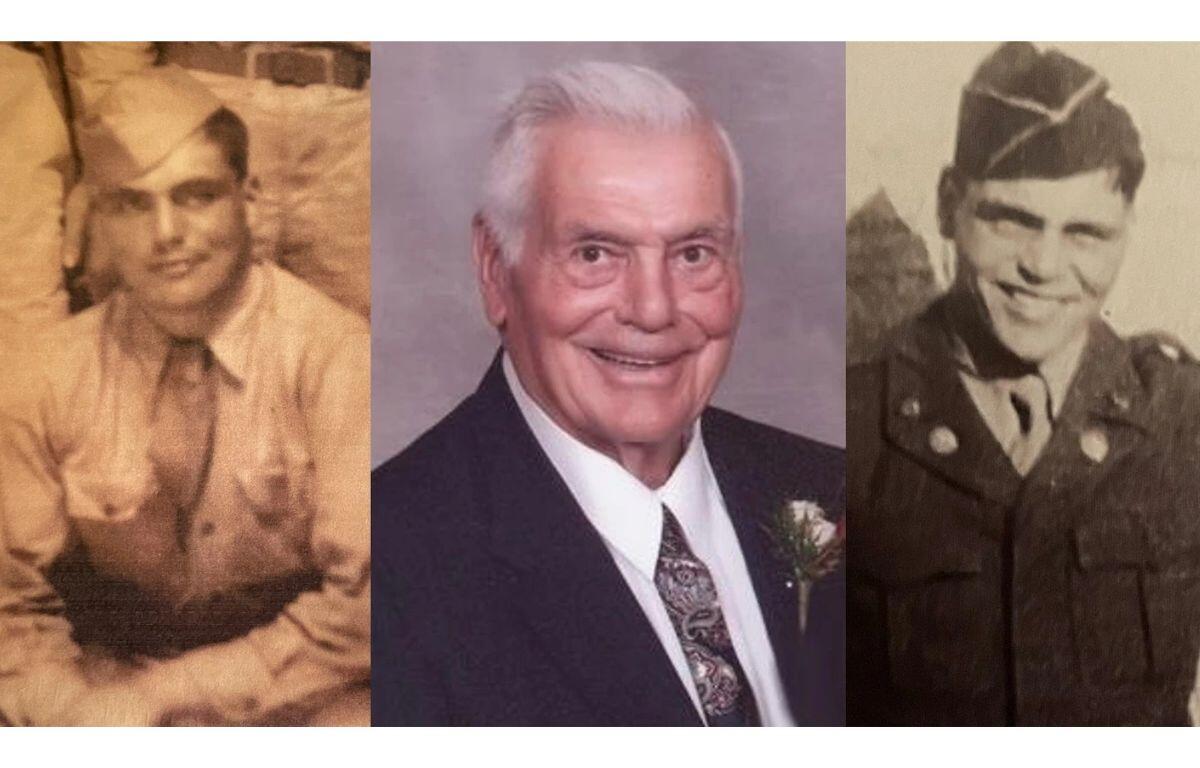DEKALB, IL (Chambana Today) – In a tale that stretches across continents and decades, Donald Faivre, an Illinois farmer, spent 70 years safeguarding a collection of sketches that would eventually return to their rightful owners. His remarkable act of integrity links him to some of the darkest chapters of World War II.
In 1946, after a quarrel on the farm, Faivre, then 18, volunteered for the Army and found himself guarding war criminals at Sugamo Prison in Tokyo, Japan. Among his charges were infamous figures like Prime Minister Hideki Tojo and radio broadcaster Tokyo Rose. But Faivre’s most extraordinary encounter was with Dr. Shichiro Matake, a Japanese doctor accused of cannibalism during the war.
Despite Matake’s confession under duress, Faivre believed his innocence and befriended him. During their time together in prison, Matake sketched scenes of his suffering on rice paper, which he entrusted to Faivre for safekeeping. Faivre vowed to return the drawings but feared legal repercussions, and so they stayed hidden in his farmhouse for decades.
The sketches remained untouched until 2023, when Faivre’s daughter, Suzan Peterson, embarked on a mission to fulfill her father’s promise. With the help of a Japanese reporter, Matake’s surviving family was located. In a poignant moment, 70 years after the war ended, the drawings were returned to Matake’s children, finally closing the chapter of a story that began in the midst of unimaginable hardship.
Faivre, who returned to his farm in DeKalb, Illinois, after the war, lived a quiet life, raising 11 children and becoming a beloved figure in his community. He passed away in 2015, but his legacy of compassion and unwavering integrity lives on through the reunion of the sketches.
The return of the artwork, a testament to Faivre’s extraordinary sense of justice, marks the final step in a journey that began with a single moment of youthful defiance—and culminated in the restoration of a family’s love for their father.


